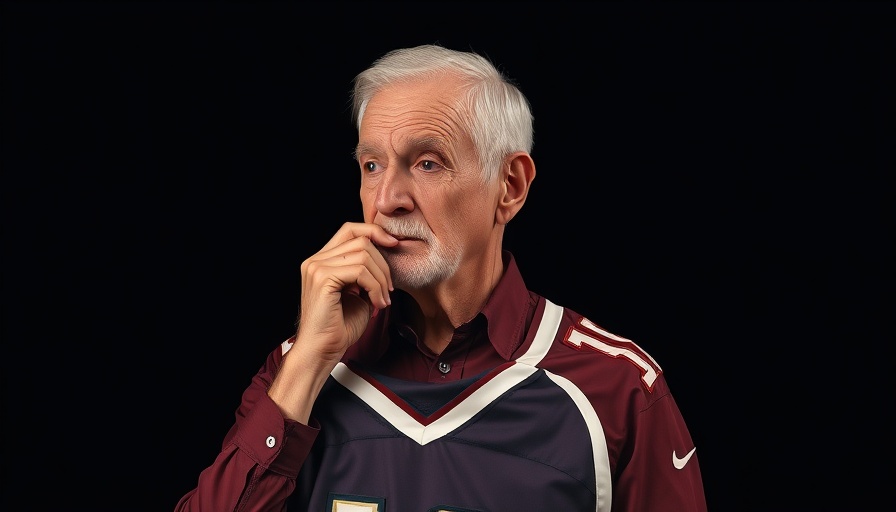
The Resurgence of an Old Ideology
In the evolving landscape of political discourse, it seems Marxism is making a surprising resurgence, as Gary Saul Morson argues in his latest article from The Free Press. The once-dominant ideology thought to have faded away is now being reinterpreted and presented in forms familiar to today’s woke culture. The specter of Marxism now resurfaces, no longer haunting just Europe, but also echoing across American campuses. The parallels between today's radical factions and past revolutionary movements raise questions about the longevity of ideology and the cyclical nature of protest.
Modern-Day Echoes of Revolution
In Morson’s analysis, historical references serve to highlight how the definitions of oppressed and oppressor have morphed over time. By rebranding traditional Marxist principles to fit contemporary societal issues—like systemic racism or gender inequality—new movements have emerged that seek to mobilize the masses. The adaptations showcase that Marxism is not merely a relic of the past but a flexible framework that can persist by reshaping its core tenets.
Understanding Intersectionality within Marxism
The modern left has broadened the classical Marxist dichotomy of proletariat vs. bourgeoisie to include an array of intersectional identities. This expands the battlefield of social justice, allowing for perceived oppressor and oppressed groups to multiply infinitely. This framework enables a flexible approach, accommodating various causes ranging from LGBTQ+ rights to anti-colonialism. For those navigating today's political environment, comprehending these dynamics is essential. Understanding this intersectionality can inform strategic responses and adaptations in both business and civic engagement.
Real-World Implications
As top wage earners in Philadelphia, this dialogue isn’t merely abstract—it has tangible repercussions. Growing movements influenced by these ideologies can sway not just public policy but also corporate practices and community interactions. Many organizations are now reassessing their internal policies and external communications strategies to align with this emerging narrative. Adaptation is key; remaining relevant in a rapidly changing cultural landscape demands attention to current movements.
Counterarguments and Diverse Perspectives
Despite the fervor surrounding these ideologies, there exists significant opposition. Critics argue that these modern manifestations misinterpret or dilute the core values of original Marxist thought. Others posit that a focus on intersectionality can lead to fragmentation among groups that ostensibly share the same end goals. Engaging with these counterarguments allows for a more nuanced understanding of the failures and successes attributed to such movements.
Forecasting the Future of Ideological Movements
Looking forward, Morson suggests that Marxism will continue to adapt, much like a chameleon, reflecting societal changes rather than stagnating in a historical context. As more people engage with these concepts, businesses, educators, and community leaders must prepare for the controversies and debates that will undoubtedly arise. Staying informed and participating in the conversation will not only enrich individual perspectives but also lead to more robust solutions to the challenges we face today.
Actionable Insights for Top Wage Earners
It's crucial for individuals in influential positions to understand these ideological shifts. Engagement in community discussions, support for educational initiatives, and advocacy for balanced policies can foster environments where diverse ideas converge productively. Being informed is one step towards contributing positively to societal discourse while also safeguarding one's interests in an ever-evolving political landscape.
 Add Row
Add Row  Add
Add 




Write A Comment